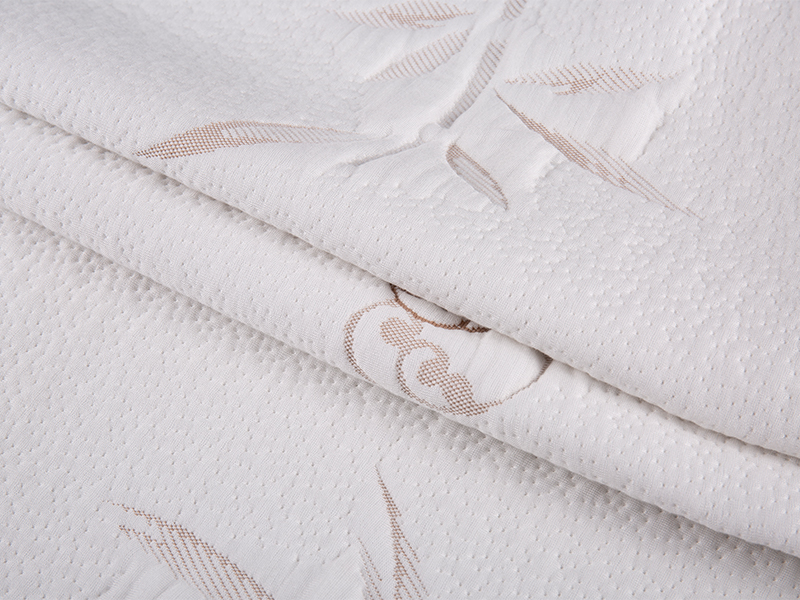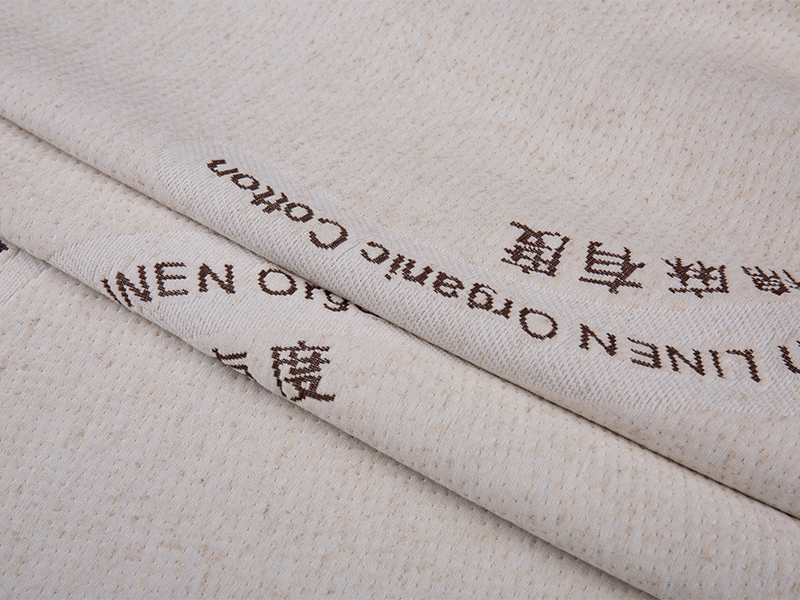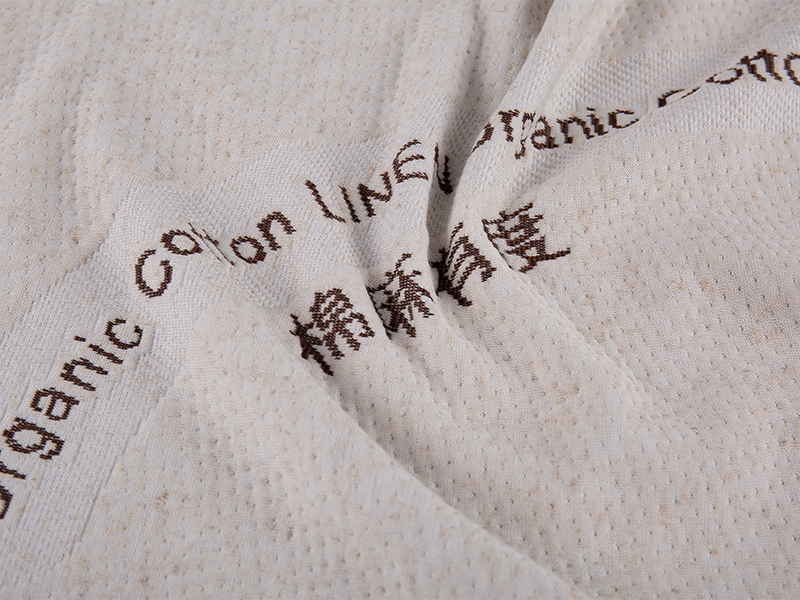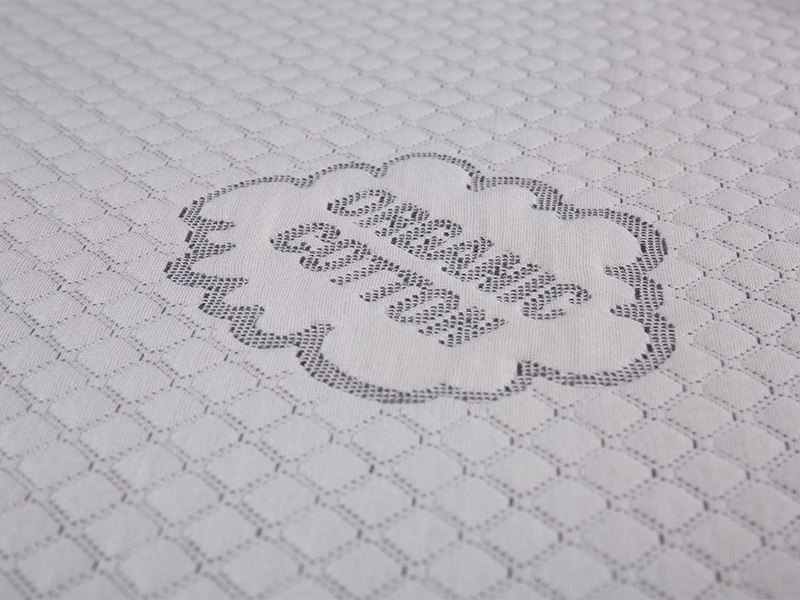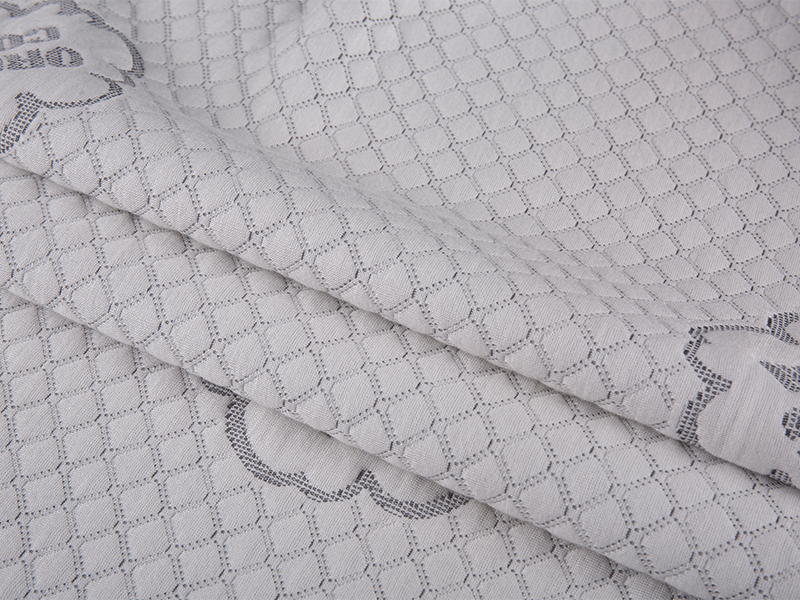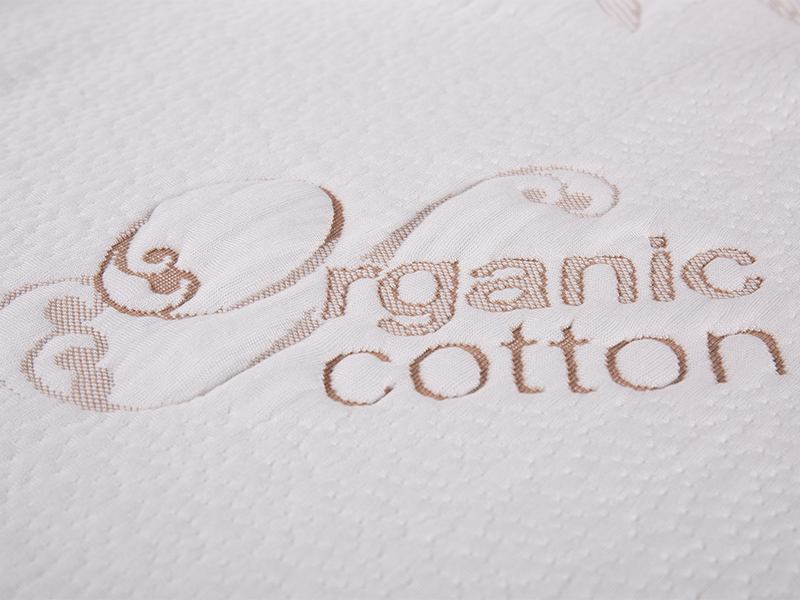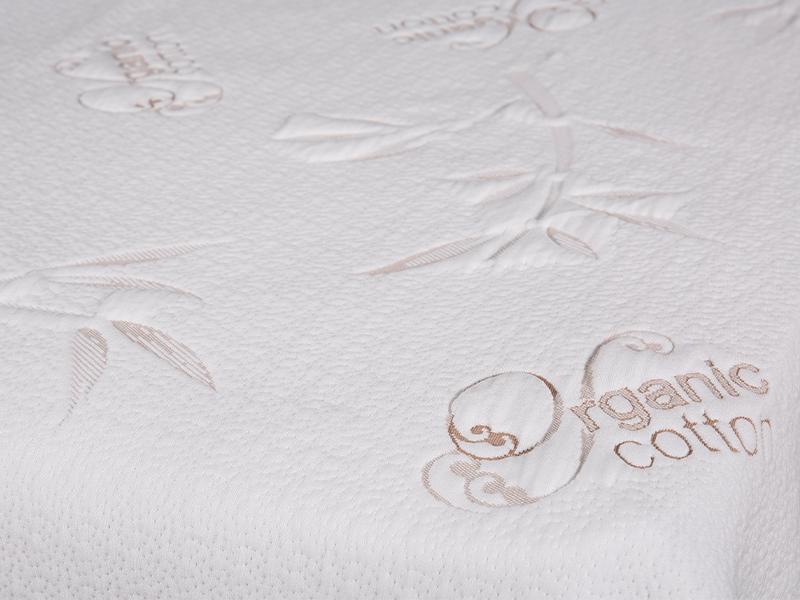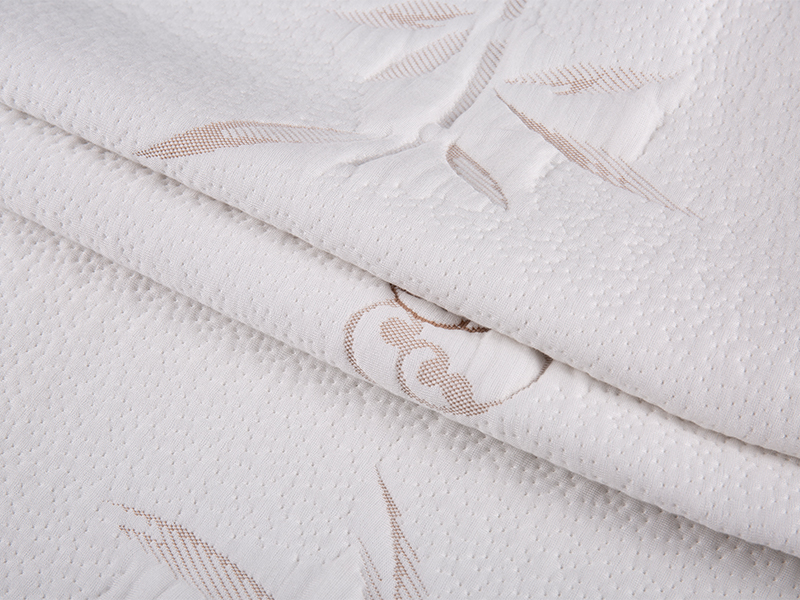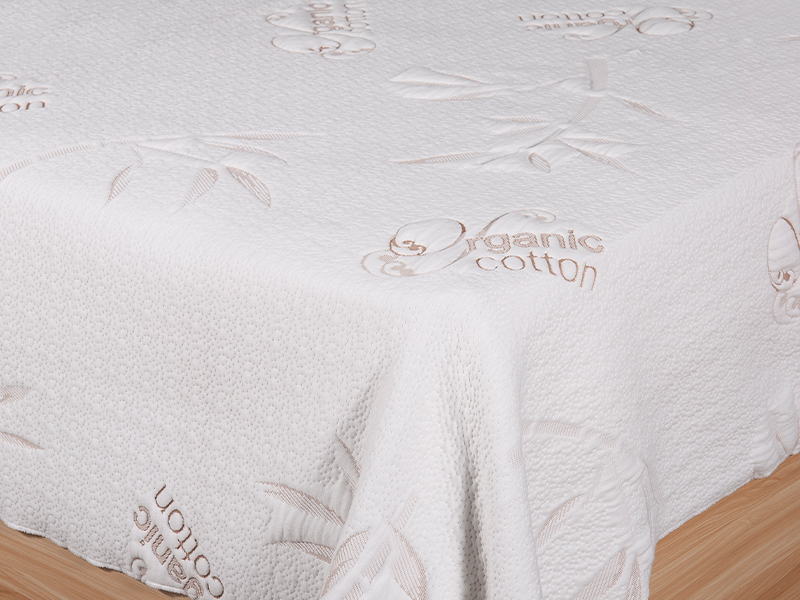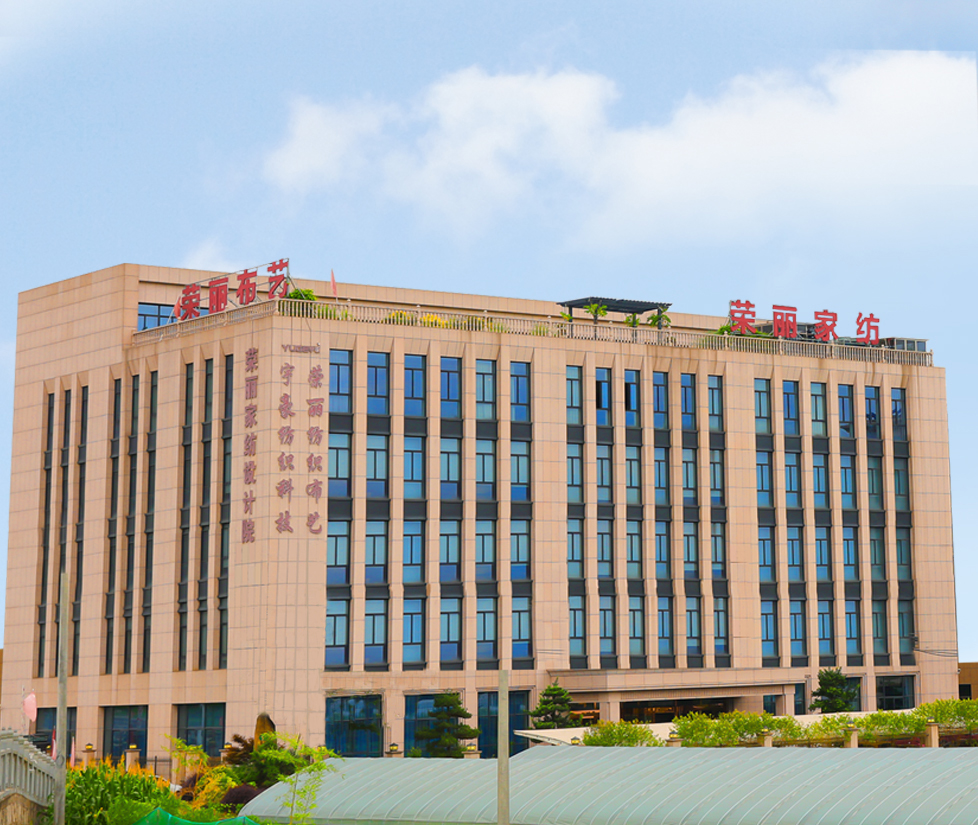In an era where sustainability has become a buzzword in almost every industry, the fashion world is no exception. With consumers increasingly conscious of their environmental footprint, the demand for eco-friendly materials has surged. Among the myriad of sustainable fabrics available, organic cotton fabric stands out as a beacon of hope for a greener, more ethical future in fashion.
To understand why organic cotton fabric is gaining traction, let's first delve into what it entails. Organic cotton is produced without the use of synthetic fertilizers, pesticides, or genetically modified seeds. This farming method not only reduces the negative impact on soil and water resources but also supports biodiversity by promoting a healthier ecosystem. By opting for organic cotton, fashion brands and consumers alike are making a conscious choice to minimize their carbon footprint and contribute to a cleaner planet.
One of the most compelling aspects of organic cotton fabric is its health benefits. Traditional cotton farming often relies on harsh chemicals that can linger on the fabric, posing potential health risks to both the workers involved in production and the end-users. On the other hand, organic cotton is free from these harmful substances, making it a safer choice for sensitive skin and reducing the likelihood of allergic reactions. In a world where skin health and wellness are increasingly prioritized, this natural purity is a significant selling point.
The production of organic cotton fabric supports small-scale farmers and promotes fair trade practices. Unlike conventional cotton farming, which tends to favor large-scale operations, organic cotton cultivation often thrives in diverse, smaller-scale settings. This shift towards more equitable farming models empowers communities, ensuring they receive fair compensation for their labor and fostering economic sustainability in regions that rely heavily on agricultural income.
Environmental sustainability is another cornerstone of organic cotton's appeal. The absence of harmful chemicals in its production cycle means reduced pollution of air, soil, and water. Furthermore, organic farming practices enhance soil health, leading to better carbon sequestration and reduced greenhouse gas emissions. As the fashion industry accounts for a significant portion of global carbon emissions, transitioning to organic cotton fabric could be a pivotal step in mitigating climate change.
But the benefits of organic cotton fabric don't end there. Its production process also conserves water resources, a critical factor given the global water crisis. Organic cotton farming uses less water compared to conventional methods, often through drip irrigation and other water-efficient techniques. This efficiency is crucial in regions facing water scarcity, ensuring that precious resources are used responsibly and sustainably.
Innovation in organic cotton fabric production is also crucial. Designers and manufacturers are constantly exploring ways to enhance the durability, versatility, and aesthetic appeal of organic cotton products. By integrating advanced textile technologies, they can create garments that are not only sustainable but also stylish and functional, appealing to a broader demographic.


